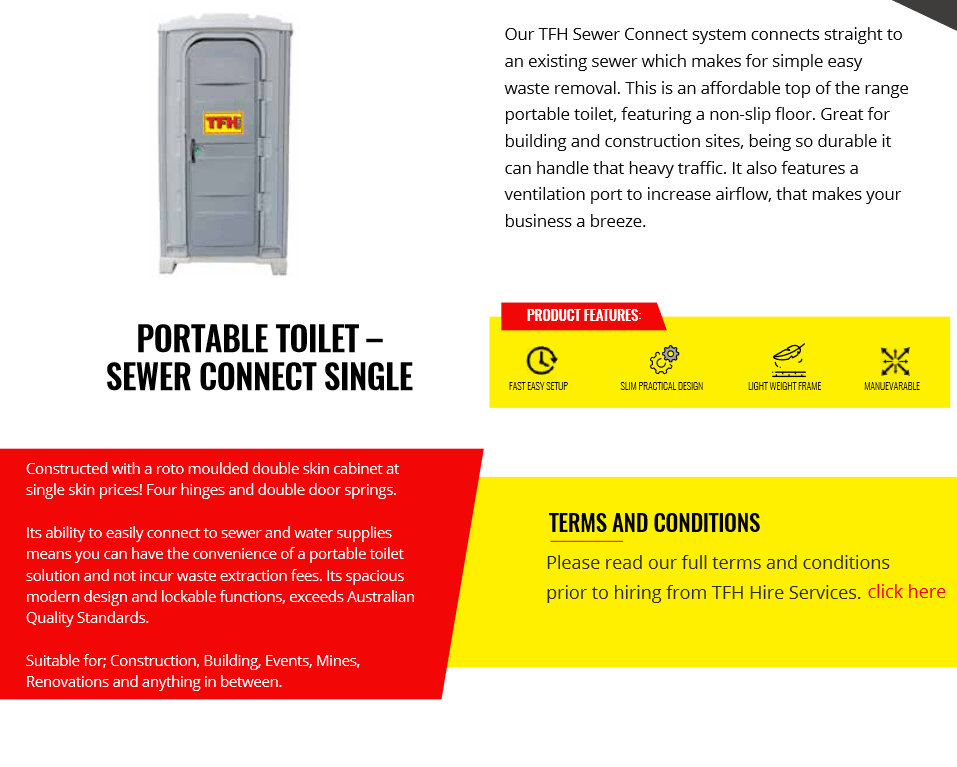Reclaim Waste - Questions
Reclaim Waste - Questions
Blog Article
Excitement About Reclaim Waste
Table of ContentsAbout Reclaim WasteGet This Report about Reclaim WasteThe 10-Minute Rule for Reclaim WasteThe smart Trick of Reclaim Waste That Nobody is Talking About6 Easy Facts About Reclaim Waste Described
Check out the kinds, occurrences, and forms of fluid waste. Domestic sewer waste describes the waste and items from a household septic storage tank. This kind of waste is developed by people in homes, institutions, and other structures. This only consists of sewage-disposal tanks that have a drain area. The appropriate administration and disposal of domestic sewage waste require liquid waste to be transferred to a sewage treatment plant where the appropriate techniques and equipment are related to detoxify and throw away waste.
Commercial waste commonly consists of possible threats, such as flammable products or a blend of fluid and strong waste products, and calls for an advanced and in-depth disposal process. The disposal of commercial waste commonly includes the purification of waste before transportation to ensure risk-free and appropriate disposal. Industrial waste is produced from by-products and runoff of industrial processes and manufacturing.
This kind of waste can not make use of the exact same sewer administration transportation or processes as septic or industrial fluids. The hazardous waste monitoring process needs the evaluation and testing of liquid waste prior to it undertakes the disposal process (liquid waste disposal). Runoff waste is the fluid waste that comes from drainage and excess stormwater in extremely booming areas or cities
Overflow waste can trigger contamination and flooding if not taken care of correctly. Find out more concerning sewage system cleansing and waste administration. Making sure correct waste monitoring can avoid catastrophes and decrease ecological harm. Both individuals in household settings and experts in commercial or manufacturing sectors can benefit from understanding the procedures and laws of liquid waste administration.
The Basic Principles Of Reclaim Waste
Call PROS Solutions today to learn more about our waste monitoring and disposal services and the proper means to care for the liquid waste you produce.
(https://gravatar.com/maximum5d830db060)This so-called 'wastewater' is not just an important source yet, after treatment, will certainly be launched to our land, rivers or the ocean. Made use of water from toilets, showers, baths, kitchen area sinks, laundries and commercial processes is recognized as wastewater.

water used to cool machinery or tidy plant and equipment). Stormwater, a form of wastewater, is drainage that flows from farming and metropolitan areas such as roofs, parks, yards, roads, courses and seamless gutters into stormwater drains pipes, after rain. Stormwater streams neglected straight to regional creeks or rivers, at some point getting to the sea.
Not known Facts About Reclaim Waste
In Queensland, the majority of wastewater is dealt with at sewage therapy plants. Wastewater is delivered from residential or industrial sites with a system of sewers and pump terminals, understood you could try here as sewerage reticulation, to a sewer treatment plant.
The Department of Natural Resources recommends neighborhood federal governments regarding managing, operating and keeping sewerage systems and therapy plants. In unsewered areas, neighborhood governments might call for homeowners to set up individual or home sewer treatment systems to deal with residential wastewater from commodes, cooking areas, bathrooms and laundries. The Department of Natural Resources authorises using household systems when they are proven to be efficient.
In some new subdivisions, therapy of some stormwater to get rid of litter, sand and gravel has actually started using gross contaminant catches. Wastewater therapy takes place in four stages: Eliminates strong issue.
Makes use of little living microorganisms recognizes as micro-organisms to damage down and get rid of continuing to be liquified wastes and great fragments. Micro-organisms and wastes are included in the sludge.
The Definitive Guide for Reclaim Waste
Nutrient removal is not available at all sewage therapy plants since it calls for costly specialist equipment. Clear liquid effluent produced after therapy might still contain disease-causing micro-organisms - liquid waste disposal melbourne.

Many wastewater moves right into the sewage system. Under the Act, local governments carry out authorizations and licences for environmentally pertinent tasks (ERAs) including wastewater launches that may have a regional influence.
The Ultimate Guide To Reclaim Waste
Otherwise, samples are taken for research laboratory evaluation. Commonly several tests are required to develop the levels of each of the various contaminants such as oils, heavy steels and chemicals in water. Tracking supplies valid details about water quality and can validate that permit conditions are being satisfied. The details acquired with tracking offers the basis for making water high quality decisions.
Report this page